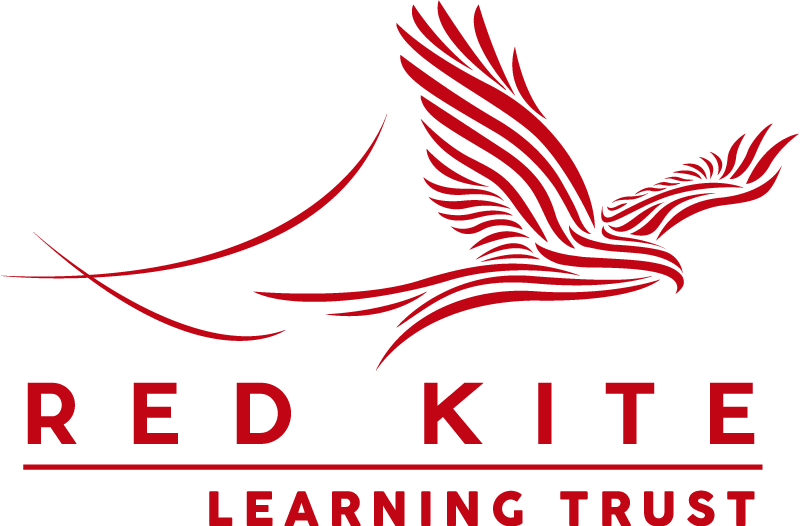Business Studies
“The way to get started is to quit talking and begin doing.” – Walt Disney
This quotation encapsulates the focus of the Business Studies department. Business Studies aims to provide students with the entrepreneurial skills and understanding to prepare them for their future careers outside of education. There were 5.8 billion small businesses in the UK at the start of 2019, which equates to 99.3% of total UK business. We ensure that all students are actively involved and engaged in their learning and all students are challenged to achieve to the best of their abilities. We also offer a range of extra curricular activities that get students involved in the practicalities of running their own businesses and managing finances, “...quit talking and begin doing”.
Curriculum Principles
We aim to create the very best Business Studies students, with the entrepreneurial skills to support their future careers. The aim of the Business Studies curriculum is to equip students with the appropriate knowledge and skills needed to develop their employability skills for life after education, as well has building an in-depth business knowledge. At Rossett school we do this through our knowledge rich KS4 and KS5 Business Studies curriculum. A transparent curriculum is in place where students progress logically through the different topic areas, but we ensure that we are reactive to current affairs. For example, the impact of the COVID 19 pandemic on the economy would mean teaching the economic cycle at the start of Topic 3.7 Analysing the Strategic Position of a Business in Year 13 instead of later on to reflect current affairs. We ensure that lessons are rooted with a strong theoretical underpinning, which is developed to students being able to critically analyse and evaluate these theories, forming their own judgements and discussions. Much of what makes successful Business Studies students is learnt outside of the classroom. We have a strong focus on real world business affairs, strong local business links and a rich extra curricular programme.
As a knowledge-based curriculum we believe that knowledge underpins and enables the application of skills; both are entwined. Content is delivered to students and then built upon through a variety of practice questions, with regular quality DIRT feedback being given to support student progress. Students progress to developing an increased understanding into current events happening globally and the wider external impacts including economic, political and environmental considerations. We intend for the Business Studies curriculum to help mould students with an awareness of their place in the world and in society as well-rounded citizens, in addition to the businesses natural drive for profit maximisation. Our students are the future of our planet and to link back to the departmental quotation; “the way to get started is to quit talking and begin doing”.
Curriculum Features
At both KS4 and KS5, students are provided with a knowledge rich curriculum which covers a broad spectrum of functional areas: Human Resources; Marketing; Operations; Finance; Management; and the external business environment. Students have opportunities to act entrepreneurially throughout, applying their newfound knowledge to both entrepreneurial start up enterprises and to established limited companies. The emphasis is on students applying the knowledge they have developed in class, to current business affairs occurring in real life. Links between these areas are also explored and developed as we move through the courses, demonstrating the interconnected nature of businesses and the importance of collaborative working.
The Business Studies curriculum is based around the traditional curriculum route (OCR GCSE Business Studies and AQA A Level Business Studies) and the vocational curriculum route (Level 2 BTEC Enterprise and Level 3 BTEC Business). The schemes of work and specification by nature outline the parameters of subject content for all courses offered. We conducted a peer review of BTEC Enterprise, GCSE Business Studies and A Level Business Studies with South Craven School. This quality assurance process was beneficial for us both. We both concur that the basis of the curriculum plan should follow the linear specification ordering, but with interleaving where possible between topics and also flexibility to change delivery dependent upon current business news. This keeps the curriculum relevant and engaging. With reference to transparency, we also aim to increase the visibility of BAME and female entrepreneurs and successful business professionals to our students. This is to be achieved through the business case studies used in class and links with local and national organisations.
The curriculum features of this Curriculum Map are also based on research, including Rosenshine’s Principles in Action. Our challenge here is to take the overarching generic features of curriculum planning as outlined here and apply that specifically to Business Studies. We have also conducted some research into some more specific Topic Sequencing via 'researchEDHome' 2020 Youtube channel, in particular a research piece by Tom Sherrington entitled ‘Rosenshine’s Principles and Curriculum Design.
In addition to this Curriculum Map, schemes of learning have also been prepared for Business Studies. These go beyond this wider ‘why this and why then’ Curriculum Map and examines more focussed areas of Rosenshine’s Principles in Action in relation to presenting new material in small steps, providing models and scaffolding.
Career Relevance
Every student will be involved with business or entrepreneurialism at some point in their career. This means that offering a knowledge rich curriculum which focuses on each students employability as well as business skills and acumen, is increasingly important in today's world. Employers value financial awareness and understanding, along with human resource management and self-motivation. Careers are varied and wide reaching, to include: Accountancy, Management, Data Analyst, Project Management, Marketing Executives to name but a few, along with carers in Law, Politics, Computing and Media.
We also aim to provide students with a stepping stone to university degree courses. UCAS figures show that there is an annual average of 223,585 students studying business related subjects, with 81% of graduates progressing directly into employment. Course data from the Higher Education Statistics Agency were analysed by training course provider The Knowledge Academy to determine the most and least popular undergraduate courses in the UK in 2016/17, with Business related subjects being the most popular undergraduate course in the UK. These areas of analysis demonstrate the importance of business related courses in the UK and the number of opportunities available on completion of the course. We therefore need to ensure that our curriculum is relevant, up to date and academically challenging.
Curriculum Maps
|
Year 10 |
|
Year 11 |
|
Year 12 |
|
Year 13 |




















